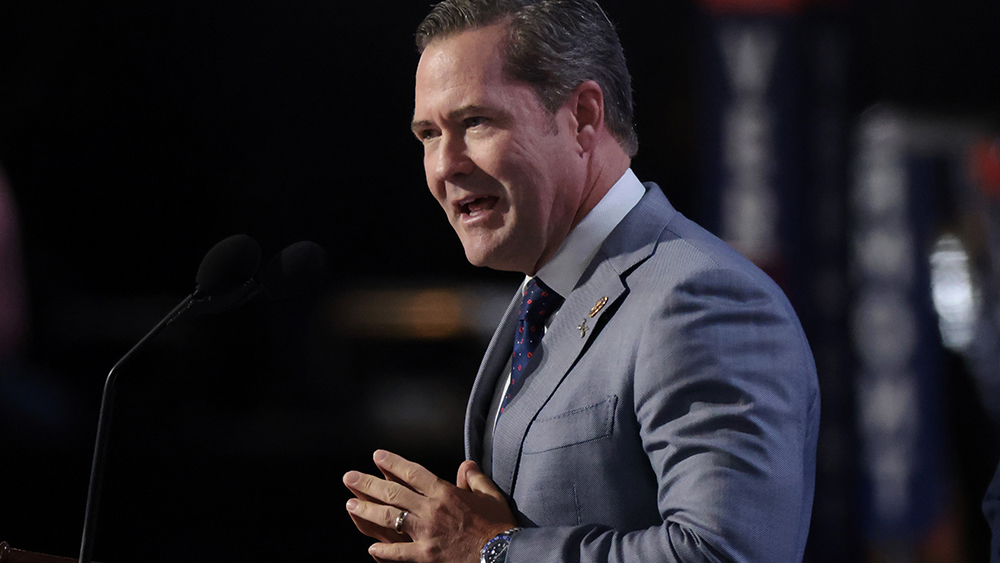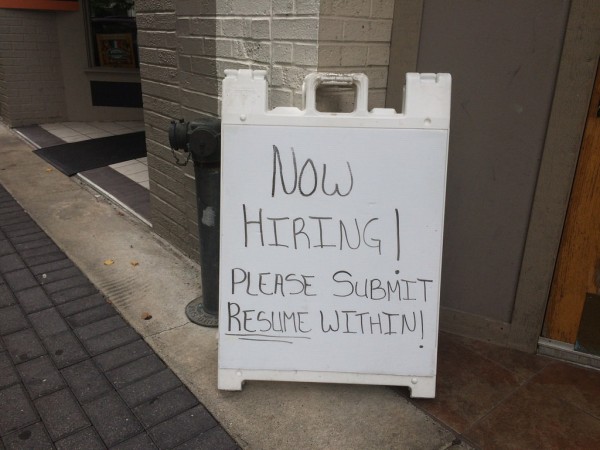Waltz’s secret push for Iran war with Netanyahu sealed his fate after “Signalgate”
By isabelle // 2025-05-05
Tweet
Share
Copy

- Trump fired National Security Advisor Mike Waltz due to clashes over Iran policy, not just the "Signalgate" security breach.
- Waltz pushed for military strikes on Iran, conflicting with Trump’s preference for diplomacy, and coordinated closely with Netanyahu.
- The "Signalgate" scandal, involving a leaked Yemen military chat, further damaged trust in Waltz’s judgment.
- Trump replaced Waltz with Marco Rubio, signaling a shift toward advisors who align with his diplomatic approach.
- The move highlights Trump’s demand for loyalty and resistance to foreign influence in U.S. policy decisions.
A clash of strategies
Trump, who has repeatedly emphasized his desire to avoid unnecessary wars, favored pursuing diplomatic solutions with Iran before considering military action. But Waltz, a former Green Beret and longtime advocate for interventionist policies, reportedly worked closely with Netanyahu ahead of the Israeli leader’s February meeting with Trump to push for a more aggressive approach. "Waltz wanted to take U.S. policy in a direction Trump wasn’t comfortable with because the U.S. hadn’t attempted a diplomatic solution," a senior official told The Washington Post. "It got back to Trump, and the president wasn’t happy with it." Netanyahu’s office denied the claims, stating that while the prime minister met with Waltz before his Oval Office visit, there was no "intensive contact" regarding Iran. Yet multiple sources within the administration described Waltz as operating hand in glove with Israeli officials, undermining Trump’s diplomatic efforts.The Signalgate fallout
Waltz’s troubles deepened in March when he inadvertently added The Atlantic’s editor to a Signal group chat discussing sensitive military plans in Yemen. The breach raised alarms about operational security and further eroded Trump’s trust in his national security advisor. Adding to the controversy, Waltz was later photographed using an unofficial, Israeli-made version of Signal designed to archive messages, raising concerns about potential security risks and undue foreign influence. The app, developed by a company with deep ties to Israeli military intelligence, fueled speculation that Waltz’s communications may have been accessible to Israeli officials.A shift in Trump’s inner circle
Trump’s decision to replace Waltz with Secretary of State Marco Rubio, another pro-Israel figure but one seen as more aligned with the president’s agenda, signals a broader realignment. While Rubio has historically supported tough measures against Iran, he has also demonstrated flexibility in executing Trump’s vision, including the pursuit of a new nuclear deal with Tehran. The move underscores Trump’s growing impatience with advisors who prioritize foreign alliances over his directives. As one Trump adviser bluntly put it: "You work for the president of your country, not a president of another country."The Iran dilemma
The rift over Iran policy highlights a fundamental divide within the administration. While Trump has publicly stated he does not want the U.S. "dragged into" a war, he has also left the door open to military action if diplomacy fails. "I may go in very willingly if we can’t get a deal," he told Time magazine last week. Meanwhile, Netanyahu has long argued that Iran’s nuclear program must be dismantled entirely, a position Waltz reportedly championed behind closed doors. With talks between the U.S. and Iran reportedly nearing a deal similar to the 2015 JCPOA, Israel has grown increasingly anxious, fearing Washington is conceding too much. Waltz’s ouster serves as a reminder of Trump’s intolerance for insubordination, especially when it involves foreign influence. While the president nominated Waltz as U.S. ambassador to the UN, the demotion reflects a clear message: loyalty to Trump’s agenda trumps all. Sources for this article include: InformationLiberation.com WashingtonPost.com TimesOfIsrael.com NYPost.comTweet
Share
Copy
Tagged Under:
Iran national security Israel Trump White House big government WWIII Netanyahu Waltz Signalgate
You Might Also Like
Yemen declares air blockade against Israel, exposing U.S. missile defense failures
By Finn Heartley // Share
U.S. job market surges past projections despite looming tariff uncertainty
By Willow Tohi // Share
Recent News
Common sense is now a conspiracy
By sdwells // Share
Blueberries: A nutrient-packed superfood for holistic wellness
By lauraharris // Share
Your HEART could be decades older than you are
By avagrace // Share











